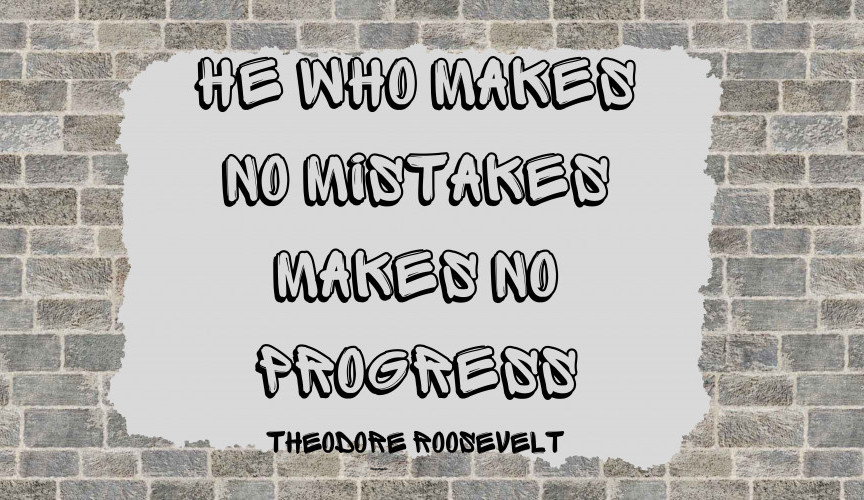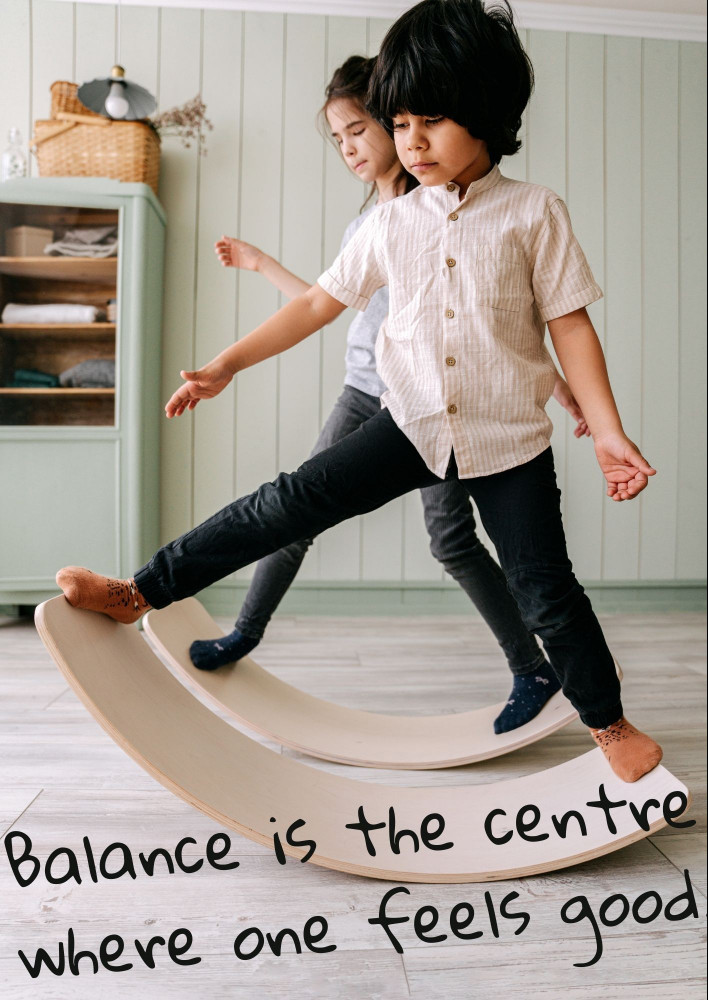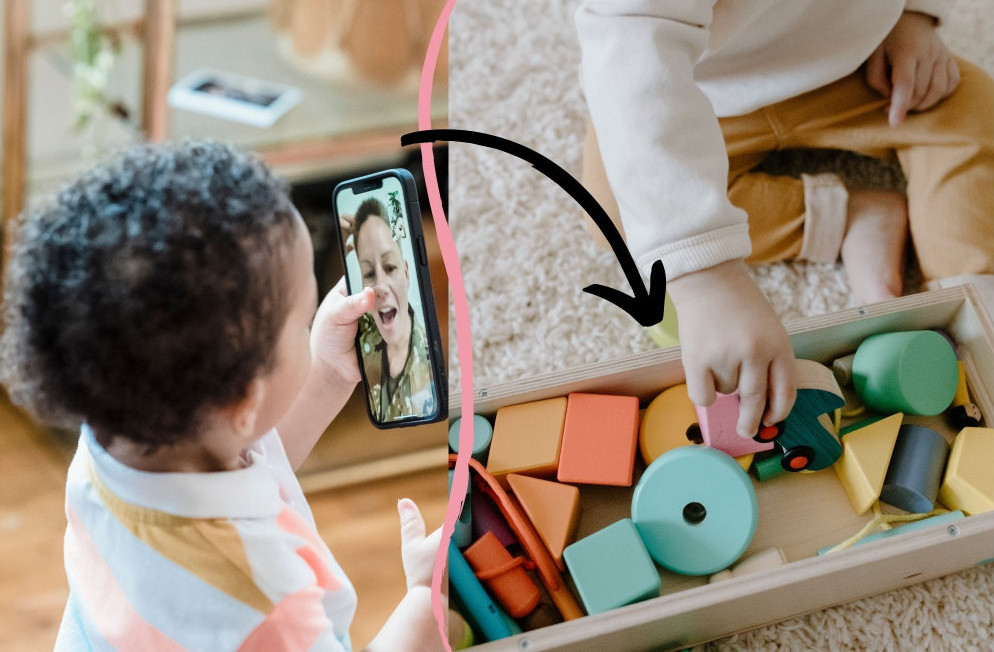The apple doesn’t fall far from the tree is usually said for a child that emulates the attitude or behaviour of their parents. As I have explained earlier, it is important to provide the child with a good role model to look up to.
The role model has to be supportive, too. Even when they do something wrong, they should know you love them but they have to take responsibility and face the consequences, with you by their side.
Routine is very helpful in this respect as well. When they know what comes next, they will be prepared and organized. It brings them certainty and once they feel sure, they will feel confident about their abilities.
You surely want your child to grow into a responsible man, so let’s do what it takes to be responsible.

Let’s Discuss Some Important Steps of Raising Responsible Children
– Give kids the task that you know they are capable of accomplishing. This will make them proud, self-assured and confident in their skills. Take care that their motor skills (both gross and fine) are suitable for the task.
– Teach them to take positive steps for others to follow. They love to be leaders. The power they feel during the positive contribution will make them go further and deeper into the matter.

– Explain the task in detail, or better show them how to do it. They will understand you better when you give them an example if their communication is still not fully developed.
– Be specific in your requests, be precise about the time and place. They have to be aware that there are obligations before playing or going to the park.
– Make sure you don’t use threats and ifs. Threats make them discouraged and ifs make them angry. Moreover, they will most likely start using threats and ifs themselves which will further lead to their obstinacy and disobedience.
– Keep them focused by getting the work entertaining. If they see work as boring and tiring, they won’t do it again.
– Praise them for effort rather than the result. The result will improve over time.
For older kids, you can also offer money stimulation if your know they need it. In that case, give them some serious work and demand the accomplishment of the task on time and precisely. Make sure you give clear instructions in advance so they will know what to expect in the end.
– Teach children, usually the older ones, to take responsibility for the damage they make during their work. You may want to give them some examples from your life or you can remind them that for a broken school window they will have to either pay for it or do community service as compensation.

– Let children do their job themselves. Don’t interfere when unnecessary. Don’t worry, you are not torturing them, you are teaching them to be responsible, independent individuals.
– Don’t punish them if something goes wrong. However, explain the consequences they will have to face if the job is not done on time or isn’t done according to the agreed plan. Make them see that it is not about you, you don’t want to punish them. Once they realize that they have done wrong and the consequences are not the decision of their loving parents, they will conclude how important responsibility is. If they perceive consequences as your will, they will only be angry at you and their dissatisfaction won’t make them responsible.
From My Experience
My daughter was helping me set the table for breakfast as she usually did. She was only three at that time. She was very happy she had laid the table nicely and then hurried to take milk from the fridge. I never asked her to do that, but she was carried away by the satisfaction with her job. She felt big and able to do everything. Following her role model, me, she wanted to make a step further. Of course, the glass bottle was slippery and pretty big for her small hands. It fell and broke.

Now let’s break this situation into details and discuss it.
Following the aforementioned Steps?
- This task wasn’t appropriate for her age. I should have warned her if I had known she would take a step forward and take something from the fridge. But I didn’t expect she would dare to go further into her job.
- She had a good intention to do this task. Obviously, she wasn’t aware of her inability to perform the task. Perhaps, she wanted to impress us.
- I didn’t explain this task as it came unexpectedly.
- We have a routine, especially in the morning. Thus, my daughter knew that after breakfast we play in a small park behind the building. This might be the reason that she hurried to lay the table for breakfast.
- There were no threats and ifs. I also hate these, so I never use them.
- The entertainment was OK because she happily helps in the kitchen every day.

- Praise or compensation always comes at the end, but this time… read to find out.
You Want to Know What Happened Next
Let me tell your something. I didn’t praise my daughter for her effort this time. However, I explained that the intention was good but she had to ask first for activities she hadn’t done before. This was additional, unexpected work for me and I was pretty annoyed. She looked at me with those small eyes full of fear as if she wanted to cry.
I first informed her that she might have hurt her little feet if she walked over. So I collected the glass, which, luckily, wasn’t smashed into pieces, just a few big parts. And then, we sat down and made art with spilt milk. We drew pictures on the floor tiles for a couple of minutes and she was happy. Then we took sponges and a dish so we cleaned the floor. She liked it because the previous activity had made her happy.
During breakfast, she told her dad what happened. He asked her if she thought she was now able to carry a bottle. Her conclusion was reasonable. She realized that her hands were too small for bottles so she wouldn’t try it anymore.

What if I yelled? In that case, everything would be ruined. My daughter would never again wish to help me, especially not with laying the table. Her feelings would be hurt and she would feel like she was no good for anything. I am sure she would cry and be unhappy. Our day would be ruined because she wouldn’t want to come out and I would get my migraine. These are only short-term consequences. What about long-term ones?
Such a child would definitely grow to feel worthless. She wouldn’t like to try to do anything and perhaps become lazy and really turn into a worthless and irresponsible person. Her life would be ruined. We don’t want this to happen to our children!
Conclusion
I know it’s not always possible to follow these steps. Still, we have to try to stick to them. They are not only good for our children but also for us. In this way, we, parents, practice our patience, leadership, tutoring and above all parenting skills. With this, we set a good example and a role model for our children to look up to. You probably heard someone saying that no one had ever yelled in their home and each issue was solved by talking about it.
My example story came up as a model for our friends and their way of raising children. Some of them admit that they usually make a fuss when their children would break something. They say it leads to everyone’s anxiety, yelling and crying. No one is happy and moreover, their plans are mostly ruined. Above all, in similar situations, the kids are terrified each time they make damage, even the slightest. And we don’t want frustrated children. It’s not good for anyone. Eventually, as the saying goes, you reap what you sow.

Note: I would really love to hear your experience, opinion or maybe you have something to add. It is important to share experiences, to learn from other parents and thus create a better social environment for our kids’ future.



